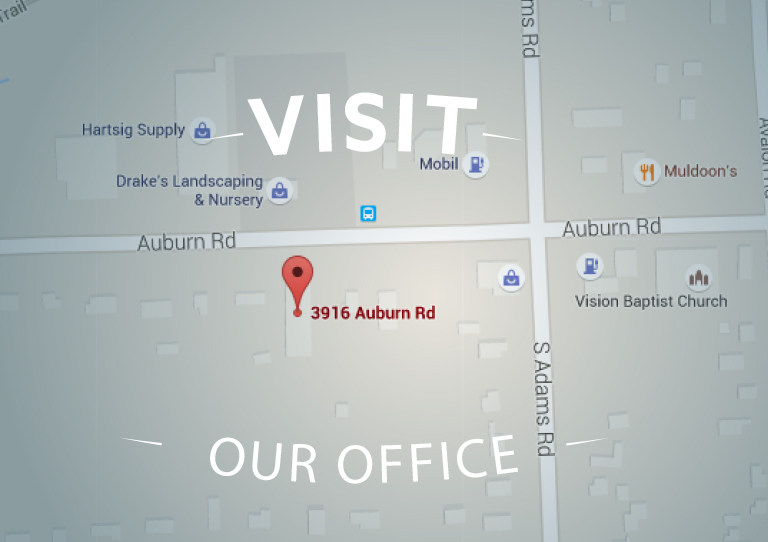 If you have tooth decay or gum disease, the symptoms your condition produces can usually be identified as warning signs of that specific condition (tooth decay causes cavities, gum disease causes bleeding gums, etc.). However, if you have a bite dysfunction like TMJ disorder, the many different potential symptoms can’t always easily be identified as signs of a jaw dysfunction. There are many different things that can make your facial muscles hurt, or your chronic headaches to keep coming back. Because of this, some patients may not realize they have TMJ disorder until their dentist suggest it after a dental examination.
If you have tooth decay or gum disease, the symptoms your condition produces can usually be identified as warning signs of that specific condition (tooth decay causes cavities, gum disease causes bleeding gums, etc.). However, if you have a bite dysfunction like TMJ disorder, the many different potential symptoms can’t always easily be identified as signs of a jaw dysfunction. There are many different things that can make your facial muscles hurt, or your chronic headaches to keep coming back. Because of this, some patients may not realize they have TMJ disorder until their dentist suggest it after a dental examination.
Contributing factors are different for everyone
TMJ disorder can describe a variety of different, specific conditions involving one or both of your jaw joints (temporomandibular joints, or TMJs). This might include damage to the joint, or misalignment in one or both of them. Excessive strain, traumatic injury, a severe bite imbalance, and more can often be contributing factors to this kind of damage, depending on the specific state of your oral health. During your examination, your dentist will thoroughly check for potential contributing factors, such as a misalignment in your teeth, a chronic teeth-grinding habit, and more, to determine what may be causing your TMJ disorder.
The different symptoms don’t always seem related
Because your TMJs are located at a crucial junction of your jaw, chronic jaw pain and discomfort are some of the more common and obvious symptoms of TMJ disorder. However, not everyone develops obvious jaw discomfort, and the pain may instead manifest as chronic headaches and migraines, tinnitus (pain and ringing in the ear), or more. Because the symptoms don’t always seem related, you might not automatically consider your oral health the cause of them.
It takes a professional diagnosis to know that you have it
If you experience chronic pain and discomfort in and around your jaw, or if your dentist suspects the presence of TMJ disorder or other bite dysfunction after a routine examination, then you’ll need an accurate diagnosis to determine how to treat it. That includes determining the unique contributing factors to your jaw dysfunction and planning appropriate treatment to correct them, if necessary. For some patients, however, treating TMJ disorder may be as simple as wearing a custom-designed TMJ appliance at night, which helps their jaws rest and recuperate more comfortably.
Find out if you have TMJ disorder and need treatment
The widely diverse factors and symptoms surrounding TMJ disorder can make it nearly impossible to detect without a professional assessment. To learn more, schedule an appointment or initial consultation by calling Advanced Dental Concepts in Auburn Hills, MI, today at (248) 852-1820.



